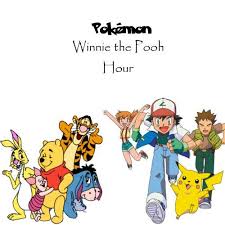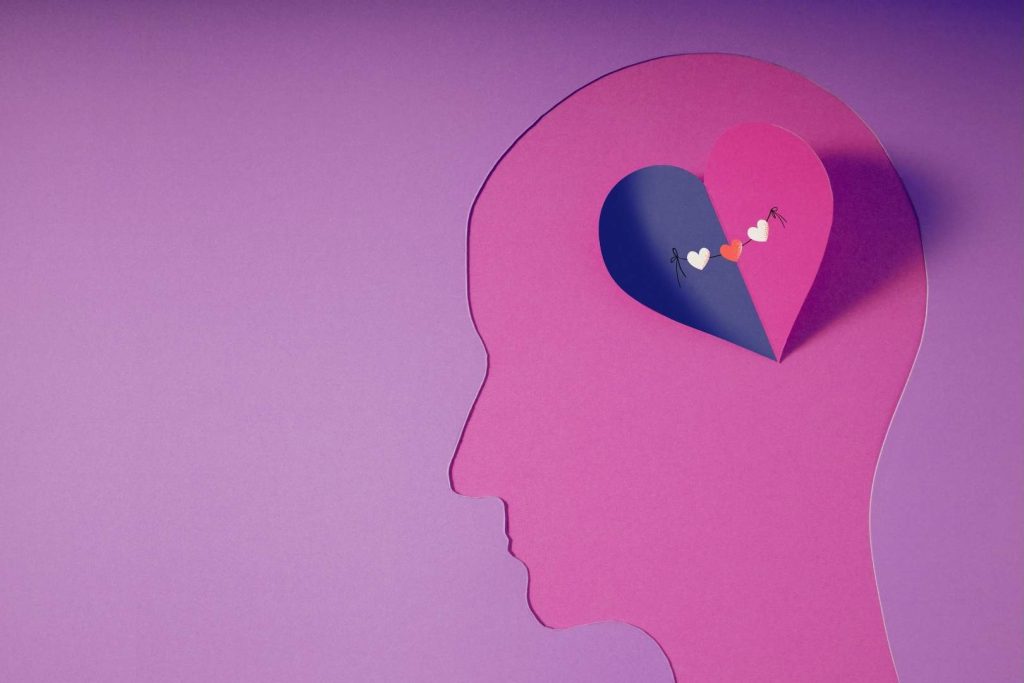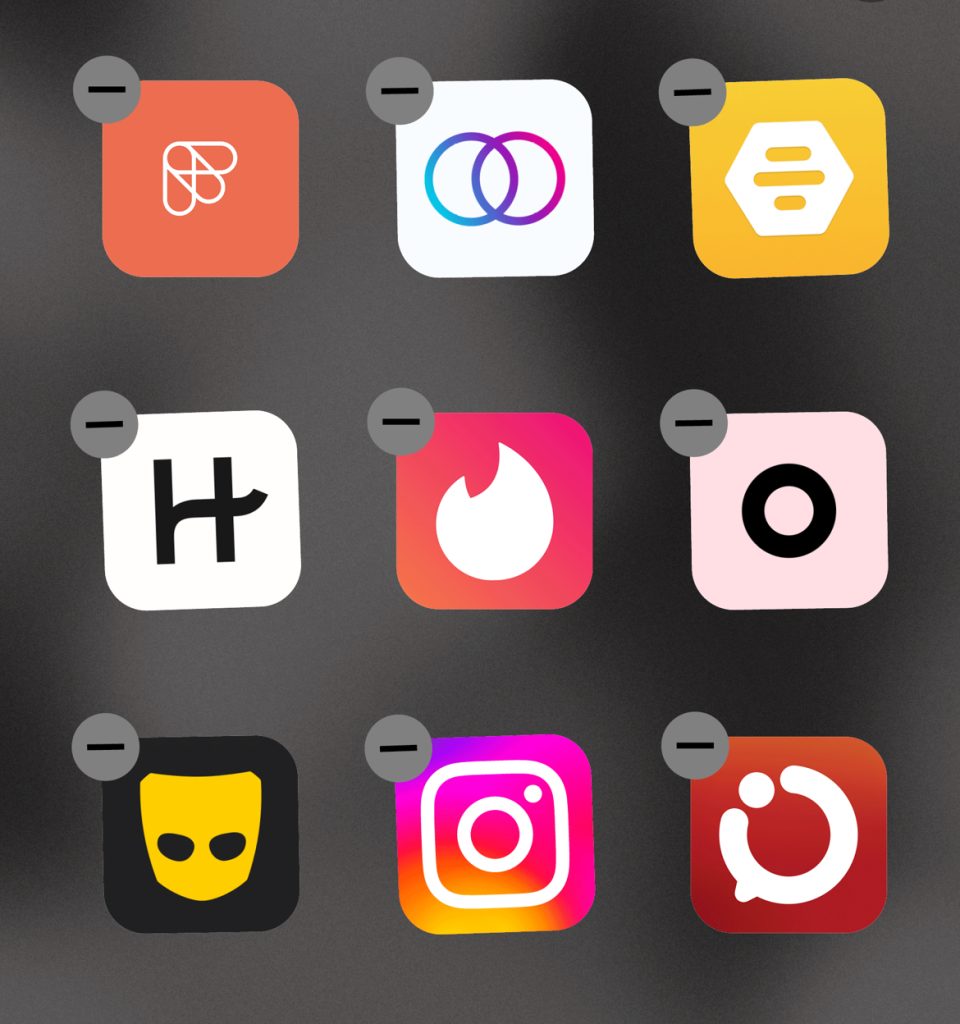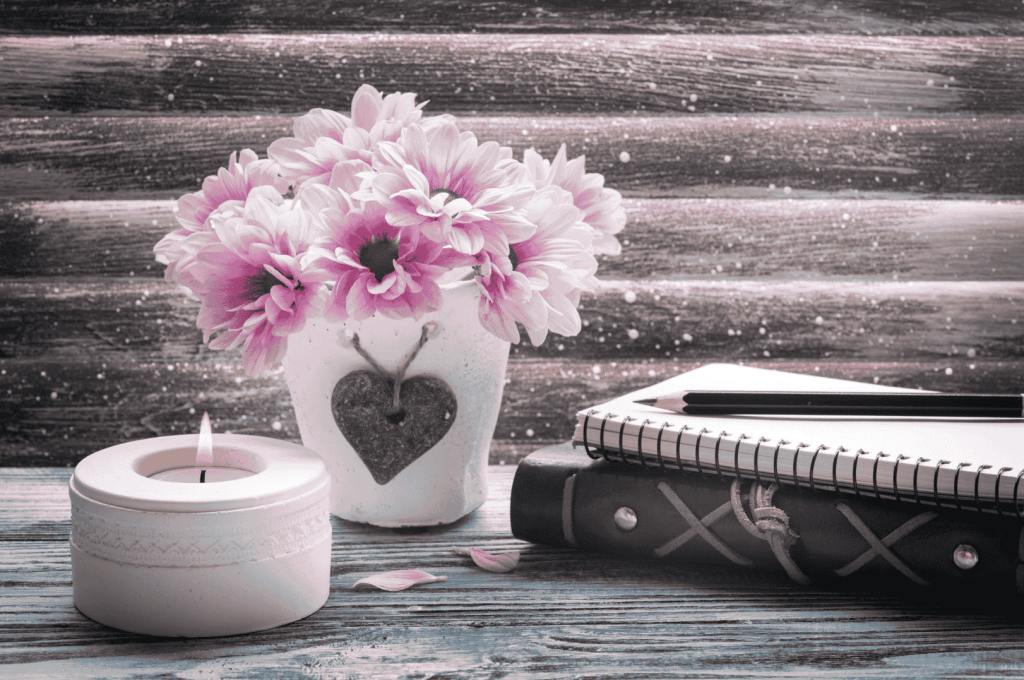So, this is your reminder to text her back.
Female friendship – let’s be honest, most of us have ignored that message from a friend we love but just… didn’t have the energy to respond to. You weren’t mad, You weren’t busy, You were just tired. Drained. Somewhere between wanting connection and not having the mental battery to engage.
But here’s the thing. That friend the one who sends you chaotic memes, voice notes that start with “okay so I had a thought,” or just silently likes your stories without asking for more, she might actually be keeping you alive.
It’s not just something that “feels good.” UCLA researchers found it’s how we survive.
Female Friendship Is a Biological Survival Tool
In 2000, a UCLA study led by Dr. Shelley E. Taylor introduced the idea that women, under stress, don’t just “fight or flee.” They reach out, They nurture, They connect. She called it “tend and befriend.”
This wasn’t a cute phrase. It was a biological framework: under threat, women release oxytocin, a hormone that reduces anxiety and drives us toward trust, bonding, and emotional safety.
In other words: calling a friend during a breakdown? That’s not weakness. It’s your nervous system trying to heal.
What Harvard Added to the Picture
More recently, a 2024 study by the Harvard T.H. Chan School of Public Health reinforced what the UCLA team sparked decades ago: connection isn’t just emotional, it’s medical.
Harvard’s research showed that social ties (including deep friendships) reduce the risk of depression, dementia, stroke, heart disease, and even premature death. In women especially, emotionally nourishing relationships were shown to extend lifespan and improve long-term health in ways comparable to quitting smoking or exercising daily.
Together, the science is pretty clear: being seen by someone who actually knows you is not optional. It’s protective.
The Loneliness Trap No One Talks About
Modern life quietly starves our friendships. We get older, busier, pulled into jobs, family, survival. Friendships don’t come with milestones or emergencies, so they’re the first to slip. No one calls a crisis meeting when two friends stop talking. There’s no breakup, no closure, just… space.

We tell ourselves we’re fine. Independent. Grown. But the truth is: losing consistent emotional connection, especially with other women, makes us more fragile. Not in a dramatic way. In a slow, creeping kind of way. Like forgetting how it feels to be seen without having to perform.
And we feel it. In our body, in our moods, in the moments where something good or terrible happens, and we have no idea who we’re supposed to call.
This Isn’t a Guilt Trip. It’s a Life Raft.
Texting her back doesn’t have to be a whole thing. You don’t owe a paragraph. Just a ping. A meme. A voice note saying, “I’m still here, just quiet.”
Because sometimes, survival looks like reaching out before you’re ready. Sometimes, it looks like picking up the call even when you’re wearing a face mask and don’t want to talk about it. And sometimes, it just looks like not letting the good ones drift away.
This is your reminder to text her back. She is your wellness plan, and you might be hers.
Taylor, S. E., Klein, L. C., Lewis, B. P., Gruenewald, T. L., Gurung, R. A. R., & Updegraff, J. A. (2000). Biobehavioral responses to stress in females: Tend-and-befriend, not fight-or-flight. Psychological Review, 107(3), 411–429. https://doi.org/10.1037/0033-295X.107.3.411
Nobel, J., & Kubzansky, L. D. (2024, January). The importance of connections: Ways to live a longer, healthier life. Harvard T.H. Chan School of Public Health. https://www.hsph.harvard.edu/news/the-importance-of-
connections-ways-to-live-a-longer-healthier-life/
Want more like this? Start here:
Emotional Survival and Other Things We Don’t Admit Wanting – on what it really takes to feel seen in a world that doesn’t slow down.
Are You in a Pooh Era or a Pokémon Era? – because growth sometimes looks like honey, sometimes like running into tall grass.
Are You Actually Growing or Just Running in Place? – a quiet check-in on the kind of progress no one claps for.
Woman of the Hour: Why Survival Doesn’t Always Look Like Screaming – on the quieter forms of staying alive that rarely get celebrated.







